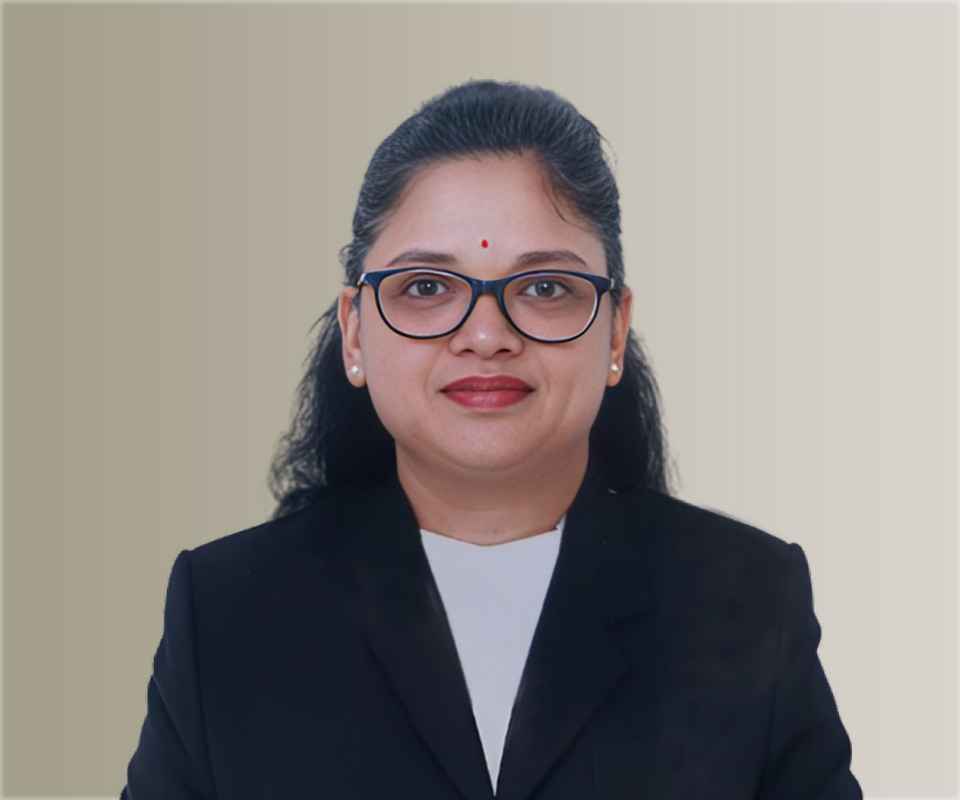Answer By law4u team
In India, whether a wife can claim alimony or maintenance after separation despite being financially independent depends on several factors. While financial independence can reduce the likelihood of alimony, it does not automatically disqualify a wife from seeking financial support. Indian courts assess the circumstances of each case individually and may grant alimony even if the wife is financially independent, depending on other factors such as her standard of living, health, and contributions during the marriage.
Key Legal Provisions Related to Alimony After Separation:
Hindu Marriage Act, 1955:
Section 24 (Interim Maintenance during Divorce Proceedings): If a wife is financially independent during the divorce proceedings, she may still claim interim maintenance. The amount is determined based on the husband's income and her needs. Even if the wife is financially independent, the court may grant interim maintenance if it finds that the husband is in a better financial position.
Section 25 (Permanent Alimony and Maintenance): This section allows a wife to claim permanent alimony after a divorce, regardless of her financial independence. The court can award permanent maintenance considering factors such as the wife’s financial capacity, the husband’s income, and the standard of living she was accustomed to during the marriage.
Section 125 of the CrPC (Criminal Procedure Code):
Maintenance After Separation: Section 125 allows a wife to claim maintenance from her husband if she is unable to maintain herself. This applies even after separation. If the wife is financially independent, the court may still grant maintenance if it determines that she cannot support herself at the same standard of living as during the marriage. Financial independence alone does not disqualify a wife from claiming maintenance under this provision.
The Domestic Violence Act, 2005:
Alimony in Cases of Domestic Violence: If a wife has been a victim of domestic violence, she can claim maintenance under the Protection of Women from Domestic Violence Act, regardless of her financial status. This act takes into account her specific needs arising from the domestic abuse, including alimony for maintenance.
Muslim Women (Protection of Rights on Divorce) Act, 1986:
Post-Divorce Maintenance: Under this Act, a divorced wife is entitled to maintenance, even if she is financially independent, as long as the husband is capable of providing it. The husband must maintain the wife for a period of time post-divorce, which includes the wife's needs and standard of living.
Factors That Courts Consider in Determining Alimony:
Standard of Living:
The court will consider the standard of living that the wife was accustomed to during the marriage. If she was living a comfortable life and is unable to maintain that same lifestyle after separation, the court may grant her alimony, even if she is financially independent.
Husband's Financial Capacity:
Alimony is often based on the husband's income and financial situation. If the husband has a significantly higher income or assets, the court may decide to award alimony to the wife, even if she is financially independent. The court may also look at whether the wife is entitled to maintenance under the laws governing the marriage, such as the Hindu Marriage Act or Section 125 of the CrPC.
Duration of the Marriage:
The length of the marriage is a significant factor. In long marriages, even if the wife becomes financially independent, she may still be entitled to alimony, especially if she sacrificed career opportunities or did not work to support the household during the marriage.
Age and Health:
A wife’s age and health can impact the decision to grant alimony. Even if she is financially independent, if she is elderly or suffers from health problems that make it difficult for her to earn a livelihood, the court may award alimony.
Contributions During Marriage:
If the wife contributed to the household in a non-financial manner, such as by taking care of children, managing the home, or supporting the husband’s career, the court may award alimony to recognize those contributions, especially if the wife is now unable to earn a living due to circumstances.
Financial Independence vs. Financial Need:
Even if the wife is financially independent, the court may grant alimony if her income is insufficient to meet her needs or if she is unable to maintain the same standard of living. The court will assess whether her financial situation is adequate, considering the lifestyle she had during the marriage.
Example Scenarios:
Case 1:
A wife is financially independent but has been a homemaker throughout her 15-year marriage. After separation, she claims alimony, arguing that her standard of living during the marriage was far higher than her current income allows. The court may award her alimony, taking into account her contributions as a homemaker and her inability to sustain the same lifestyle despite being financially independent.
Case 2:
A wife is financially independent, works as a professional, and has a similar income to her husband. After separation, she claims alimony, arguing that her husband's financial situation allows him to pay, and she is unable to maintain the lifestyle she had during the marriage. The court may deny alimony or grant a small amount, depending on the circumstances.
Case 3:
A wife has a stable income but suffers from health problems that prevent her from maintaining a normal lifestyle. She claims alimony after separation to cover her medical expenses and daily living costs. The court may grant her alimony, considering her health and the need for ongoing medical treatment.
Conclusion:
A wife can claim alimony or maintenance after separation even if she is financially independent, especially if her financial independence does not meet her needs or allow her to maintain the standard of living she enjoyed during the marriage. Financial independence is just one factor in determining alimony, and the courts will consider the wife’s health, the duration of the marriage, the husband’s financial capacity, her contributions during the marriage, and her specific financial needs. Indian courts are guided by principles of fairness and equity, ensuring that the wife is not left in a vulnerable position, especially if she is unable to support herself at the same level as during the marriage.







